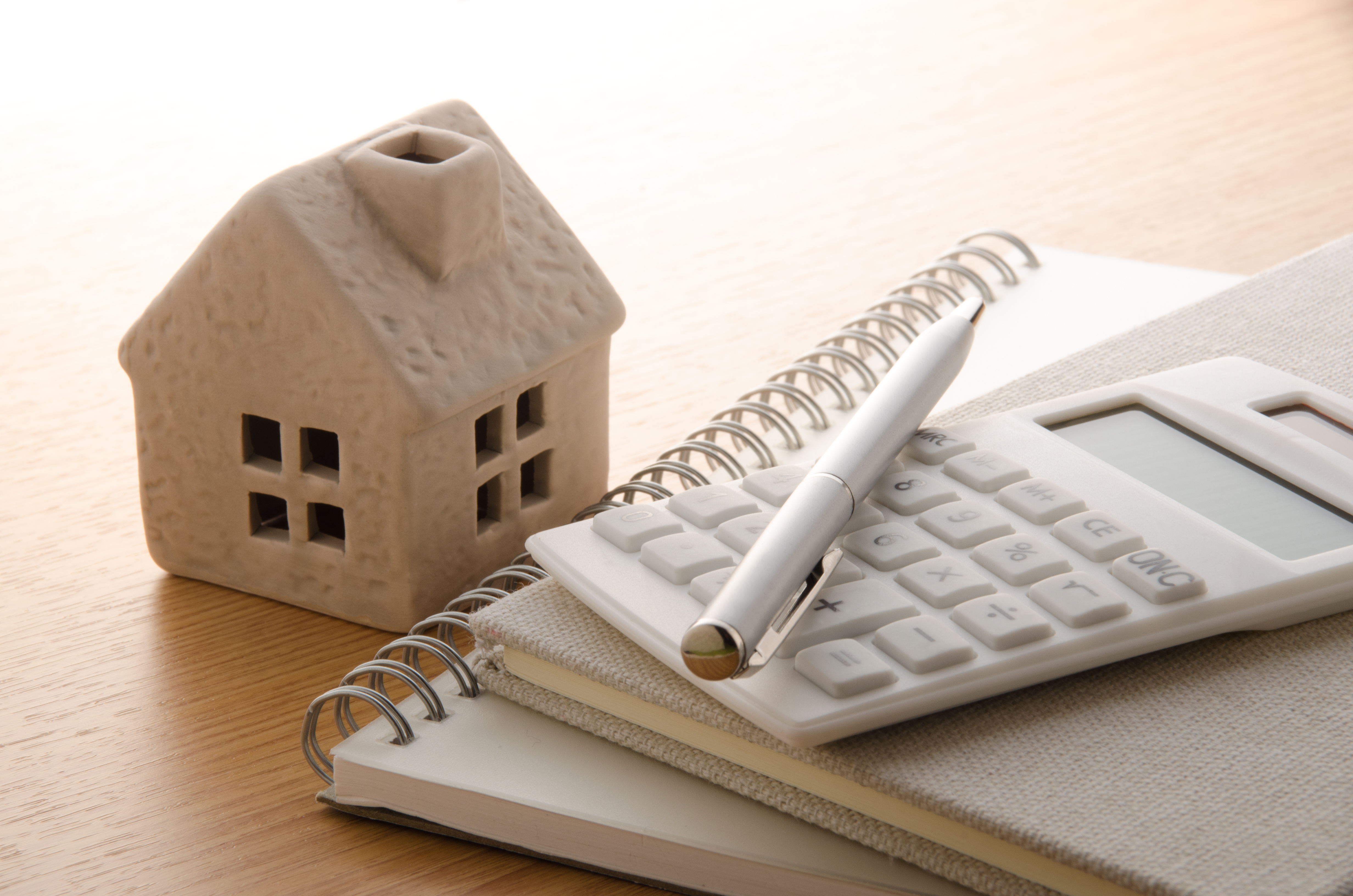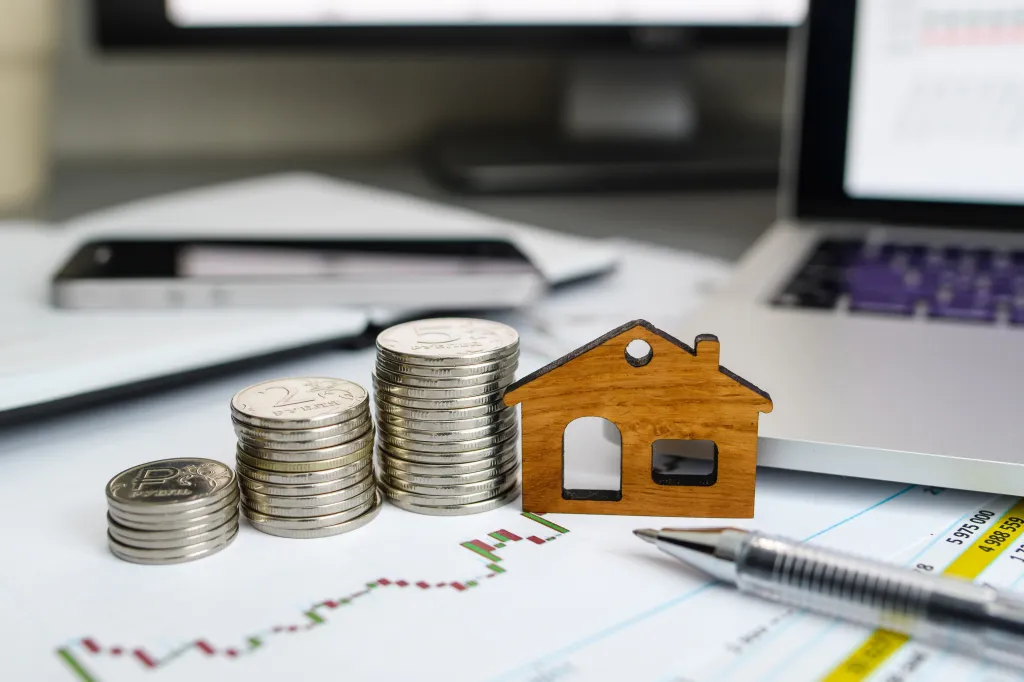Published July 25, 2024 • 8 Min Read
TLDR
-
When you sell an asset or investment for more than it cost you, you have a capital gain
-
Today, 50% of capital gains are taxable for all individuals and businesses
-
As of June 25, the capital gains tax inclusion rate is set to increase from 50% to 66.67% for all capital gains realized by corporations and trusts, and for capital gains over $250,000 realized by individuals
Canada’s high cost of housing dominates headlines — but how much does it take to actually afford a home in 2024?
At the most basic level, your household income, the size of your down payment, and your debt and credit history all play a key role in how much you can afford. But it’s a bit more complex than that, and there are several programs to help would-be homeowners purchase a home.
Read on for everything you need to know about affordability, including how you can set yourself up for success to purchase your next home.
How banks determine how much you can afford
As you set out to purchase a home, it’s important to understand how banks calculate how much you can afford based on your financial circumstances.
Lenders consider several factors when determine how much you can qualify for, including:
-
Household income: Generally, the more you earn, the larger the mortgage you’re able to qualify for. Lenders generally look at your income over the past two to three years as part of your mortgage application.
-
Down payment: The larger your down payment, the more you can afford.
-
Credit score and history: The stronger your credit history, the greater your likelihood of getting approved for a mortgage at a favorable rate.
-
Debt ratios: Lenders will determine how much of your income would go to housing expenses, as well as how much of your income goes to debt repayment, when assessing how much you can afford.
What is the minimum down payment you need to buy a home?
In Canada, your minimum down payment depends on the purchase price of your home.
For homes up to $500,000, you can pay as little as 5% down. For example, if you’re purchasing a $450,000 home, you’d need to put at least $22,500 down.
For homes worth between $500,001 and $1,499,999, you’ll need to pay at least 5% on the first $500,000 and 10% on the value above $1,000,000. If you want to purchase a $600,000 home, for example, your minimum down payment would be $35,000.
For homes worth $1,000,000 and above, the minimum down payment is 20% of the total purchase price. For example, a home worth $1.8 million would require a down payment of at least $360,000.
How does your down payment affect the cost of your mortgage?
There are benefits to making more than the minimum down payment on your home. The larger your down payment, the less of your purchase you’ll need to cover with your mortgage. Because you’re borrowing less, you’ll usually have a lower monthly mortgage payment.
A large down payment also helps save you money. If you put down less than 20%, you’ll be required to purchase mortgage loan insurance from the Canada Mortgage and Housing Corporation (CMHC), in addition to your other housing costs.
How much money should you save to buy a home?
How much you should save depends on your unique financial situation and the value of the home you’re looking to purchase. Set a savings goal by using a Mortgage Affordability Calculator to determine how large of a mortgage you may qualify for. From there, you can calculate how much down payment you’ll need to purchase a home at your desired price.
If you’re a first-time homebuyer, there are several tools to help you save. The First Home Savings Account, for example, allows you to save for your first home tax-free. You can contribute up to $8,000 annually, up to a total of $40,000. In addition, the Home Buyers Plan allows you to borrow up to $60,000 from your RRSP to purchase a home, then repay the balance over 15 years.
Don’t forget about closing costs
Include the cost of legal fees, land transfer tax and other closing costs in your home buying budget to ensure you have the funds you need at closing. You should save approximately 3% of the purchase price of your home to cover closing costs, on top of the down payment.
Can you buy a home without a down payment?
The short answer is no. The CMHC dictates that borrowers must make a down payment of at least 5% or more, depending on the purchase price of the home. If you already own property, you may be able to leverage the equity to access the funds for a down payment. However, it is mandatory to make at least a 5% down payment on any home purchase.
How much income do you need to buy a home?
The income you need to buy a home depends on several factors, including the purchase price and the interest on the mortgage. The lower the interest, the higher your borrowing capacity, and the more you’re able to afford.
The average cost for a home in Canada was around $699,000 as of May 2024, according to the Canadian Real Estate Association. A home this size would require a minimum down payment of at least $44,900, plus closing costs. To afford the remaining mortgage at a 5.14% interest rate, over 25 years with mortgage loan insurance from CMHC and no additional debt, you’d need an income of approximately $220, 224.
Can you buy a house with a low income in Canada?
If you’re looking to purchase a home with a limited income, you have a few options.
One is to look at areas with a low cost of living to look for homes within your price range. Another is to continue saving: The larger your down payment, the less of the purchase price you’ll need to cover with a mortgage, so the less you’ll need to qualify for. If you have outstanding debts, such as an auto loan, paying them off can also help you qualify for a larger mortgage by lowering your debt ratio.
Finally, purchasing the home with another applicant — such as a partner or friend — allows you to qualify for a mortgage using your combined income, which may bring homeownership within reach.
What is the minimum credit score you need to buy a home?
Lending criteria vary from lender to lender, but you’ll generally need a credit score of at least 680 to be approved for a traditional mortgage. If your score is below 680, you may find it more difficult to secure a mortgage until you increase your credit score.
Read more: 6 ways to rebuild your credit score
Can you buy a home with no credit score?
Similarly, you may find it difficult to secure a mortgage with limited or no credit history. If you’re planning to buy a home, building up your credit score by using credit responsibly — for example, by using your credit card responsibly, or paying back a personal loan — can help you reach your goals.
Read more: How to use credit cards to improve your credit score
Is this a good time to buy a home?
The choice of when to purchase a home is a personal one, and the right time to buy depends on your unique situation. While it can be tempting to time the market and potentially secure a home at the lowest price, the right time to buy a home is generally when homeownership suits your lifestyle and you find a home you love within your price range.
The 2024 Federal Budget includes measures to bring homeownership within reach for more Canadians. Changes to the Home Buyers Plan, for example, allow borrowers to withdraw up to $60,000 from their RRSP to purchase a home, up from $35,000 previously. And the federal government has pledged to create 3.87 million more homes by 2031, increasing the housing supply to help moderate prices.
If you’re considering buying a home, an ideal first step is to talk to a mortgage specialist. A specialist can help you understand how much you can afford and, if homeownership is still out of reach, connect you to a financial advisor who can help you map out a plan to buy.
Find an RBC Mortgage Specialist near you
This article is intended as general information only and is not to be relied upon as constituting legal, financial or other professional advice. A professional advisor should be consulted regarding your specific situation. Information presented is believed to be factual and up-to-date but we do not guarantee its accuracy and it should not be regarded as a complete analysis of the subjects discussed. All expressions of opinion reflect the judgment of the authors as of the date of publication and are subject to change. No endorsement of any third parties or their advice, opinions, information, products or services is expressly given or implied by Royal Bank of Canada or any of its affiliates.
Share This Article






